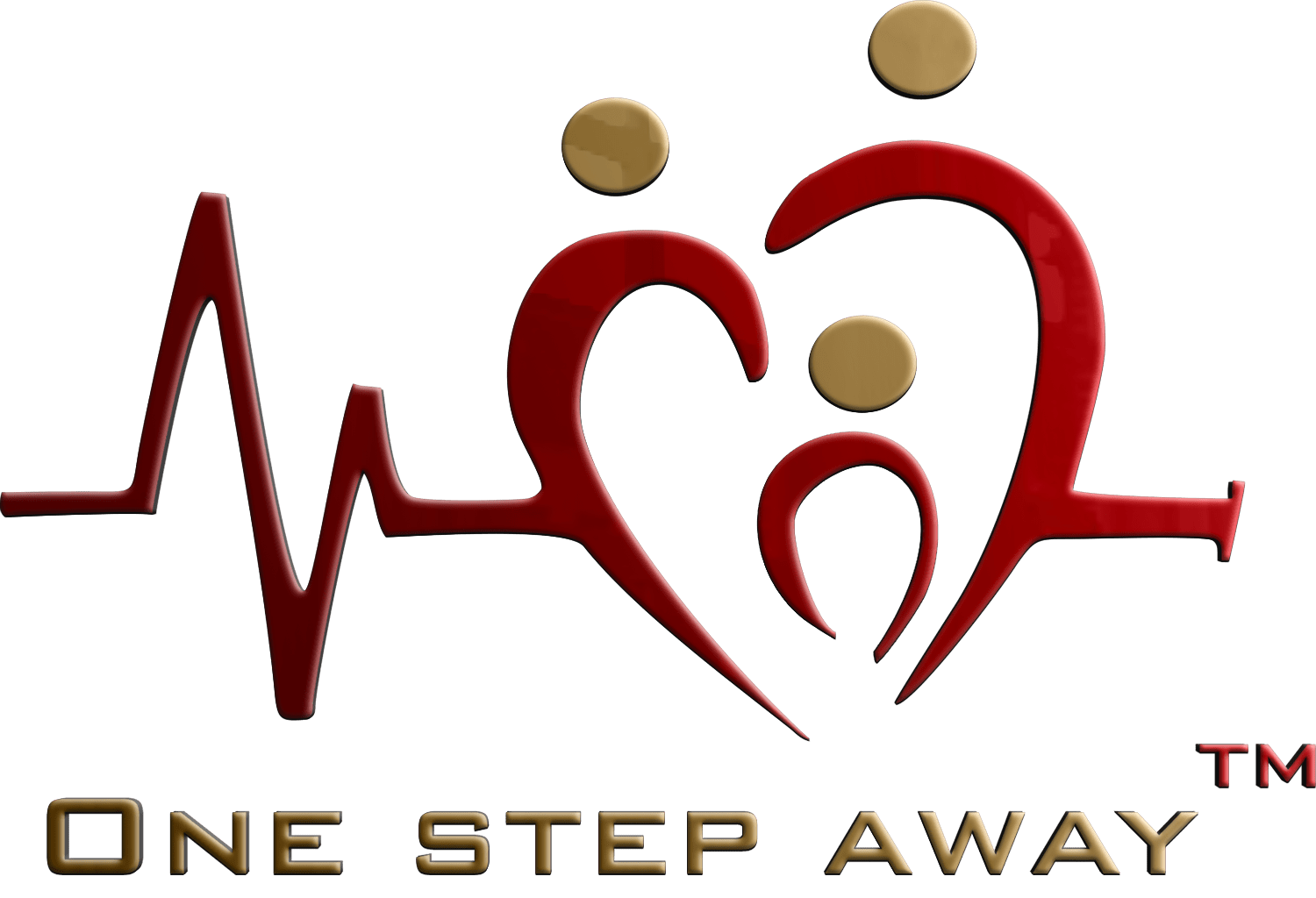Dr. Radha Raman is a renowned Orthopaedic Surgeon and an Alumnus of one of
- 7 Bala ji Plaza Grover Market Hisar, Haryana, India 125001
About Dr Radha Raman:
Hospital: AMRITDHARA my Hospital
City: Karnal
Qualification: M.B.B.S.,M.S. ( Orthopedics).
Dr. Radha Raman is a renowned Orthopaedic Surgeon and an Alumnus of one of the top medical colleges in India, University College of Medical Services, New Delhi. He has 9 years experience in Orthopaedics & Joint Replacement Surgery with impeccable academic credentials. He has been trained at the best of the centres in India & abroad. He has experience of hundereds of Joint Replacement surgeries and complex primary & revision joint surgeries. Also extensively trained in Sports related injuries of Knee & Shoulder requiring Arthroscopic surgeries. His work in Orthopaedics & Arthroplasty has been published in number of prestigious National & International journals. Specialty Interest: Knee, Hip & Shoulder Replacement. Arthroscopy & Complex Periarticular Trauma.
Services
Affordable and state of art joint replacement is an unmet need of the community, specially in people of rural origin who have severe osteoarthritis of their knees because of squatting. We are proud to announce our joint replacement program where we are offering services of international standards, Thanks to our infrastructure and dedicated team of assistants. We at AMRITDHARA, my Hospital are providing specialised Orthopaedics services with excellent results and at affordable cost. Joint Replacement Total & Partial Knee Replacement Total & Partial Hip Replacement Revision Replacement of infected & failed cases. Total & Partial Shoulder Replacement. When should You go for Total Knee replacement? People often put off knee surgery until pain and mobility problems become unbearable. Sometimes, people keep delaying because of fear that after surgery may be, they will not be able to walk again ever. It takes time to come to terms with needing a knee replacement because surgery is, after all, a big deal. At first, everyone hopes that non invasive treatment options will help them in knee improve. Therefore, people should first consider lifestyle changes, the use of medication and injections, strengthening exercises, alternative treatment methods such as acupuncture, etc. to reduce pain. But still if person is showing the following signs than it might be the right time for a knee replacement: Pain persists or recurs over time Knee aches during and after exercise No longer as mobile as you’d like to be Medication and using a cane aren’t delivering enough relief Knee stiffens up from sitting in a car or a movie theater Feel pain in rainy weather The pain prevents you from sleeping Feel a decrease in knee motion Difficulty in walking or climbing stairs Difficulty getting in and out of chairs and bathtubs Experiencing morning stiffness that typically lasts less than 30 minutes How TKR happens in the Hospital? Knee replacement surgery is one of the most common bone surgeries. Whether the surgery is required or not, is a decision that patient and the doctor, an orthopedic surgeon, carefully make together. More than 90% of people who have had their knees replaced see a huge improvement in pain and their ability to get around. First Visit to Hospital Patient meets the consulting doctor with Knee complaint Doctor performs acomplete physical examination of the knee Both knees are examined, and the results of the affected knee are compared with that of the healthy knee Collective decision for Surgery is taken by patient, attendant and doctor. TKR Procedure: Day 1: Patient gets admitted in the hospital Consulting doctor visits the patient Patient informs the doctor about all the medication he /she is taking Patient should also inform about history of infections, bleeding and blood clots All required investigations done Patient is kept empty stomach for 6hrs. Anesthetist come to check the fitness of patient for the surgery Day 2: Required medication before the surgery is given to the patient Preparation for the surgery are done and then patient is shifted to pre operation area Patient get general anesthesia or spinal/epidural anesthesia as per the doctor decision. Surgery is performed which takes couple of hours Patient gets shifted to post operation area after surgery After 2 hours of observation patient gets shifted to ICU Day 3: Patient is kept in ICU for a day Consulting doctor visits the patient to monitor his condition Required investigations are done to monitor improvement Physiotherapist visits the patient to guide about exercises If patient is stable, then he/she is shifted to ward Day 4: Consulting Doctor visits to review the improvement of the patient Physiotherapist visits and helps the patient to walk with support Physiotherapist also guides them about the exercises required for knee movement If patient is stable gets discharged or planned to discharge for next day Day 5: Consulting doctor visits and reviews the stability of the patient The patient is made to walk without support Patient get discharged Patient is informed to come for follow up after 5 days and to review the condition and to remove the stitches. Patient can also visit the consulting doctor periodically as per the requirement or Doctor advise. After Surgery Patient can expect to be up on the feet within a day. That might be hard to do on his/her own at first. So he/she may need parallel bars, crutches, a walker, or a cane for a while to get up. Usually, patients can expect a big improvement in flexibility and much less pain within a month. It’s important to exercise the knee often, to keep down swelling and to strengthen the muscles. Patient might need help from a physical therapist, who will go through a series of exercises to strengthen the repaired knee. How long patient will need physical therapy depends on his/her h
